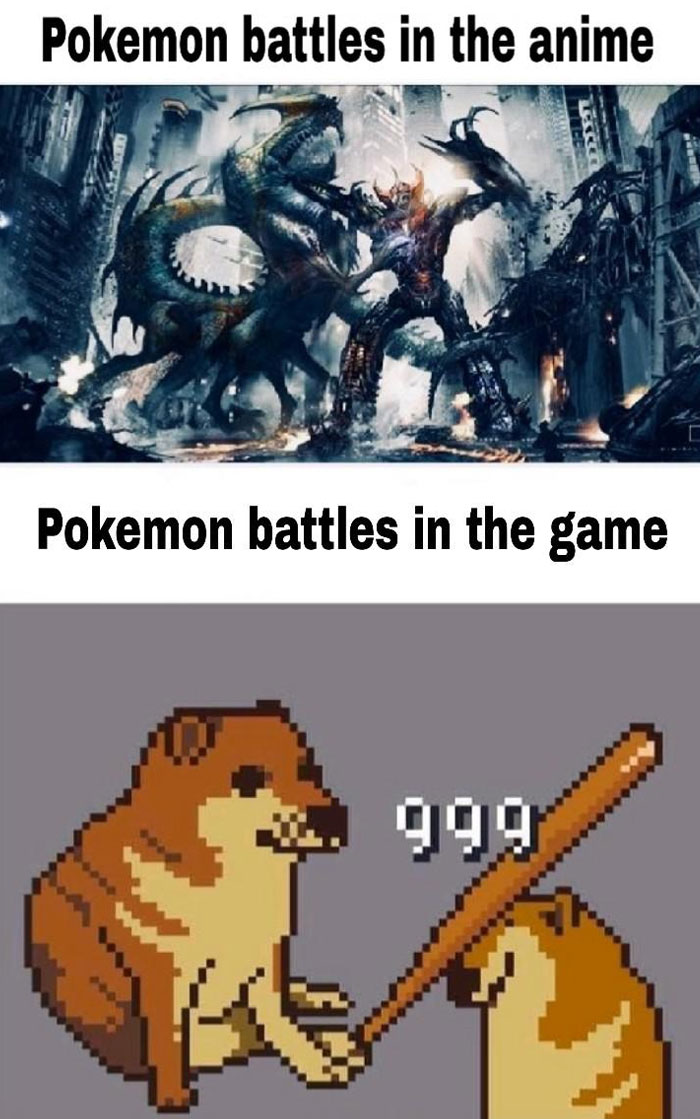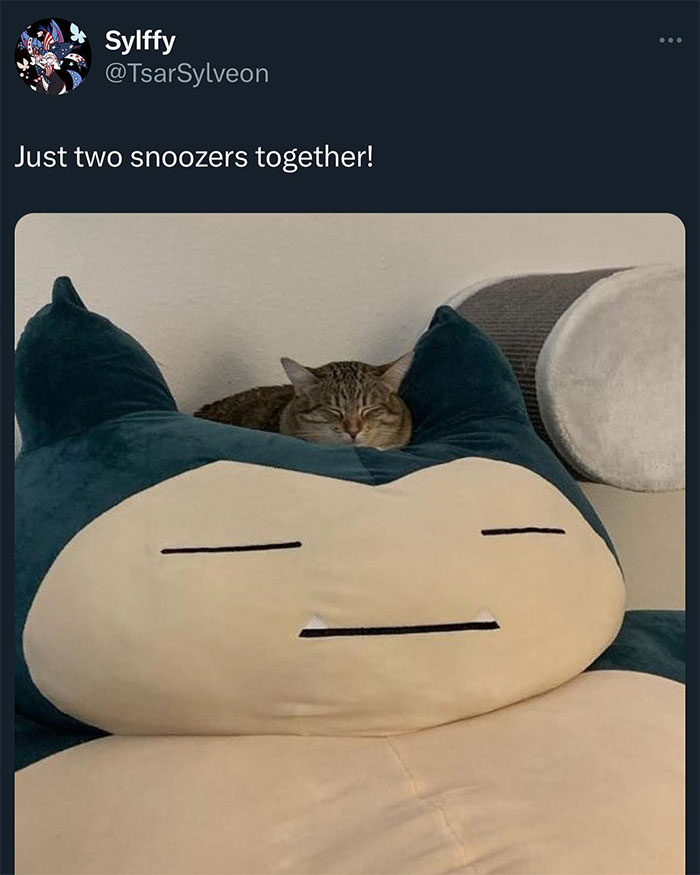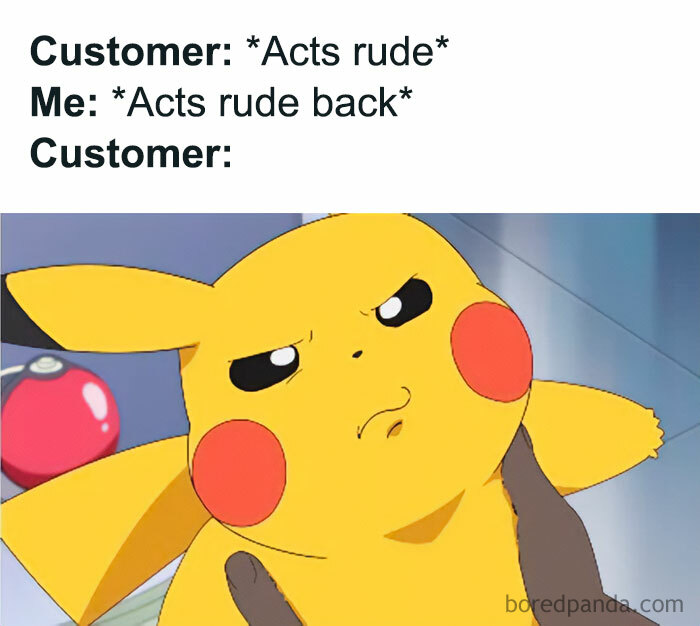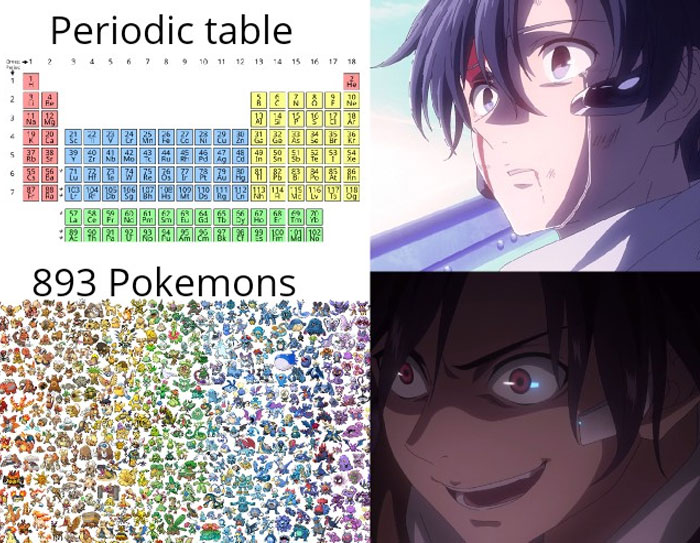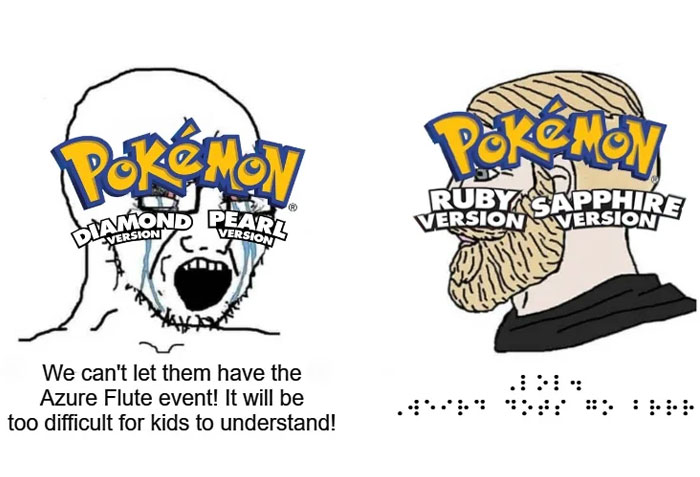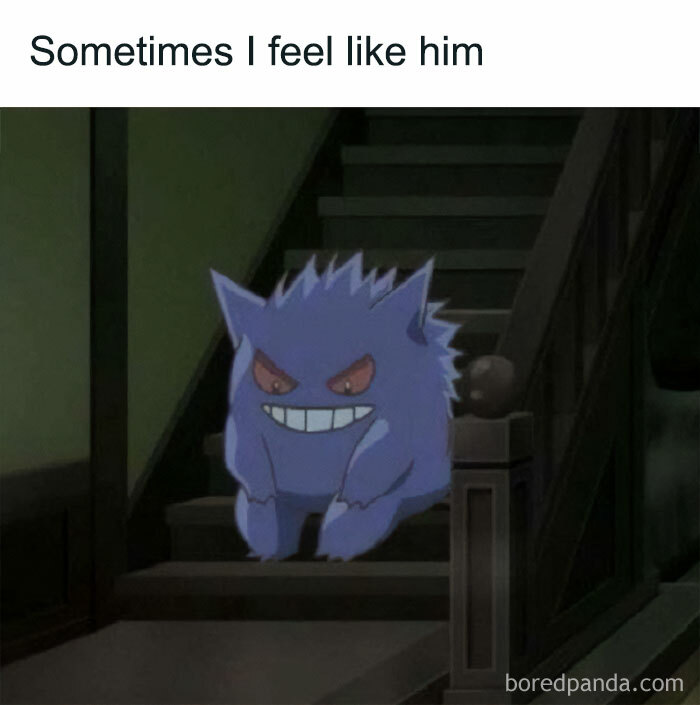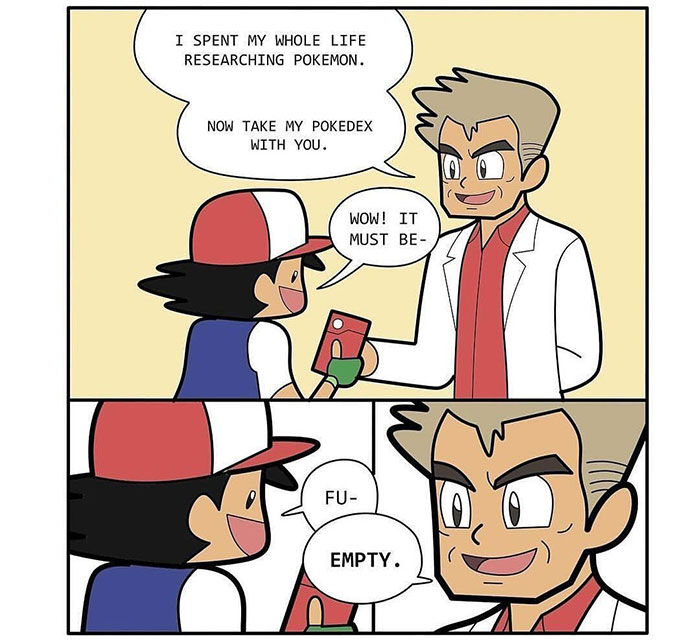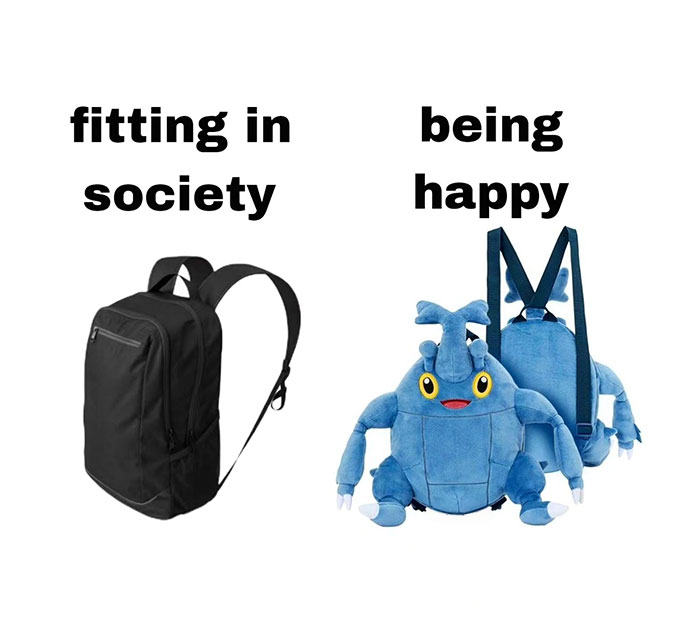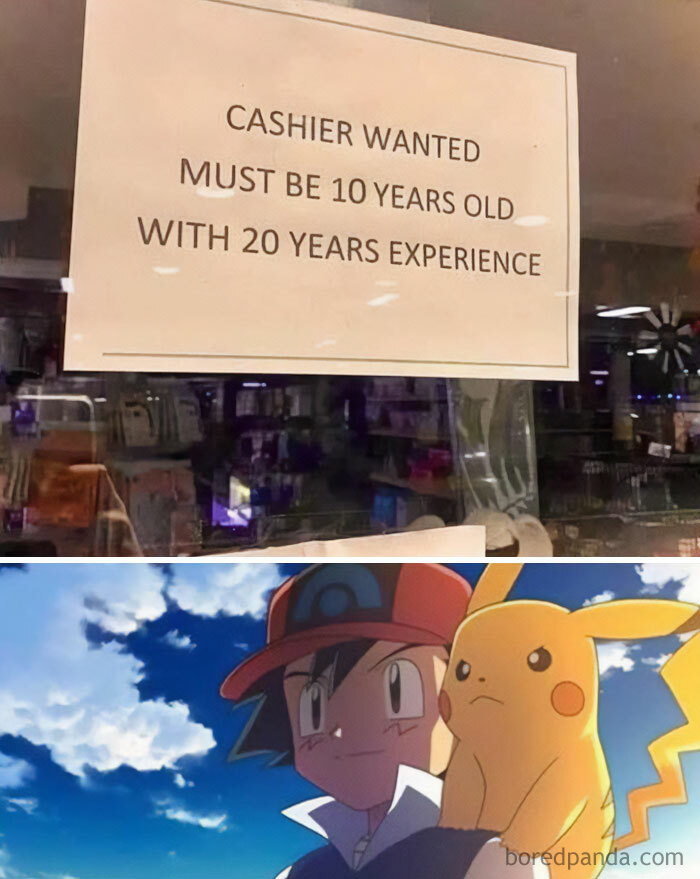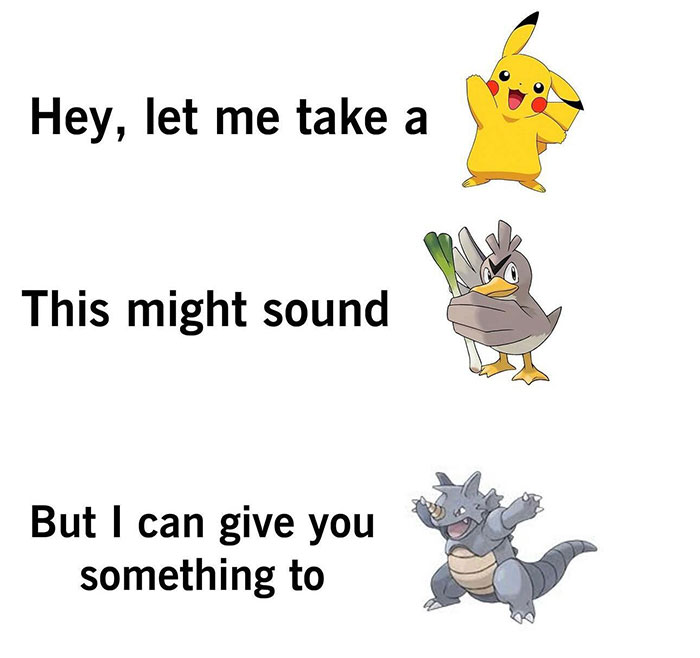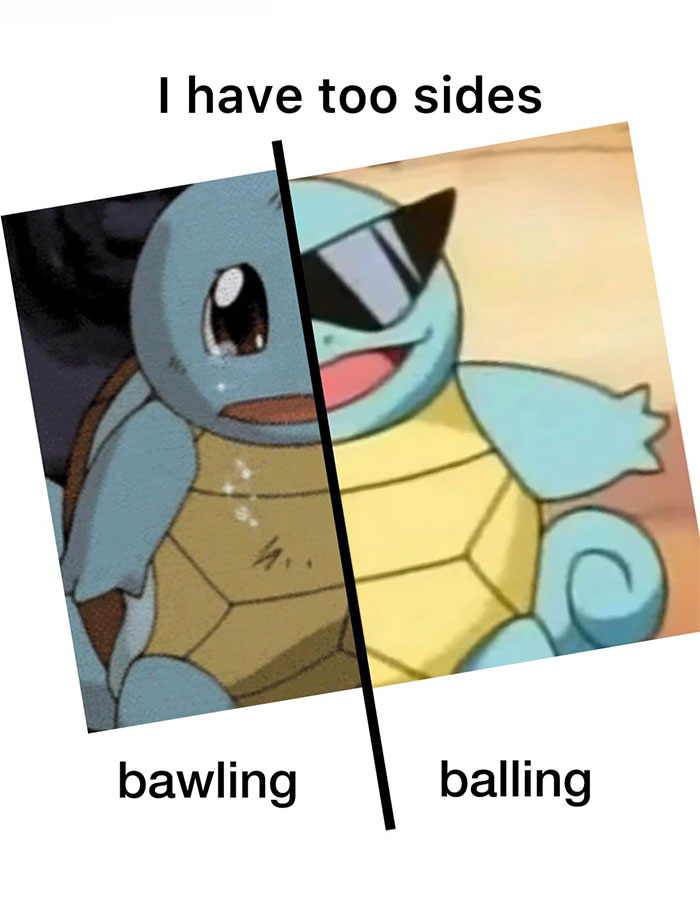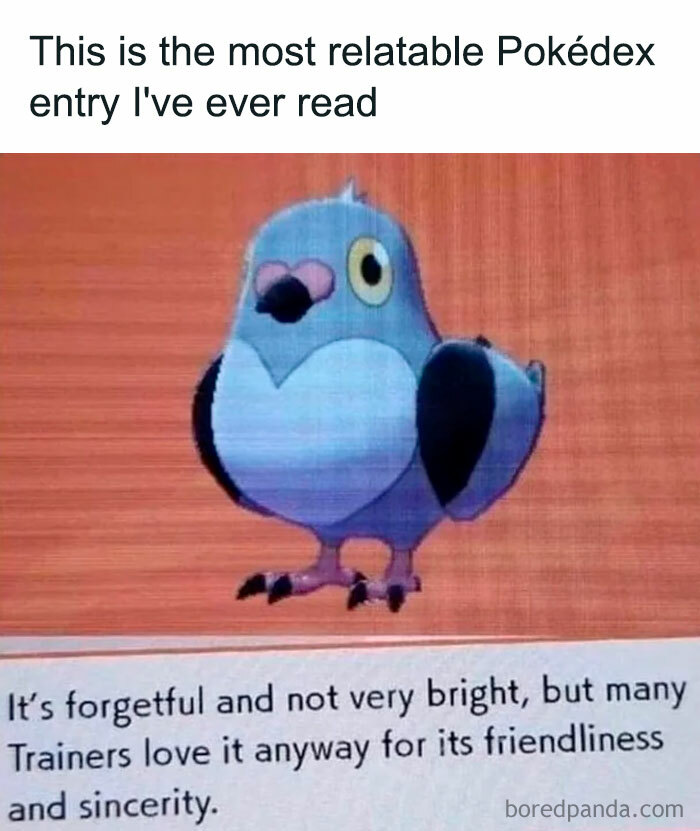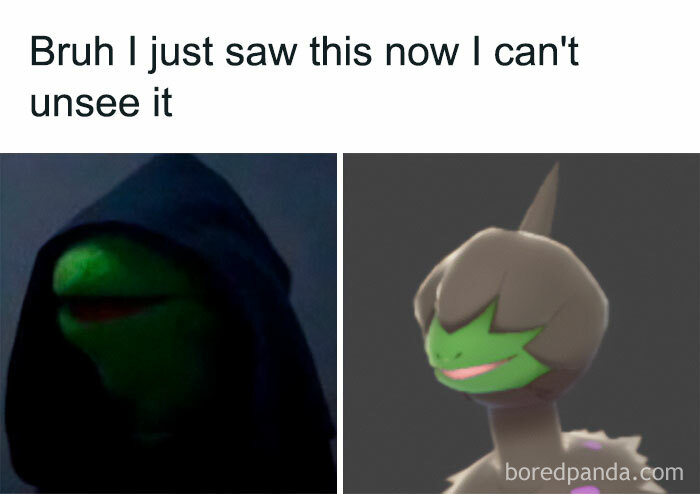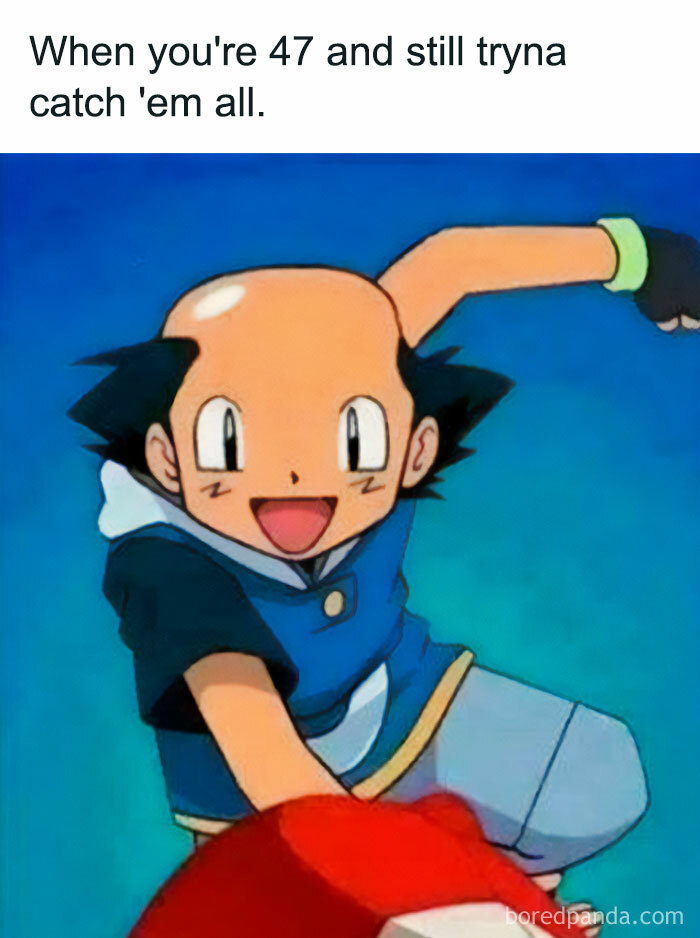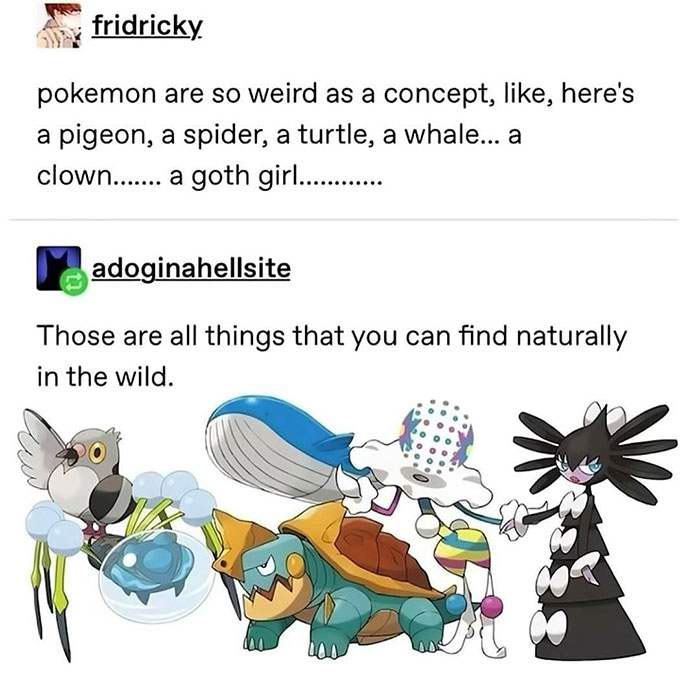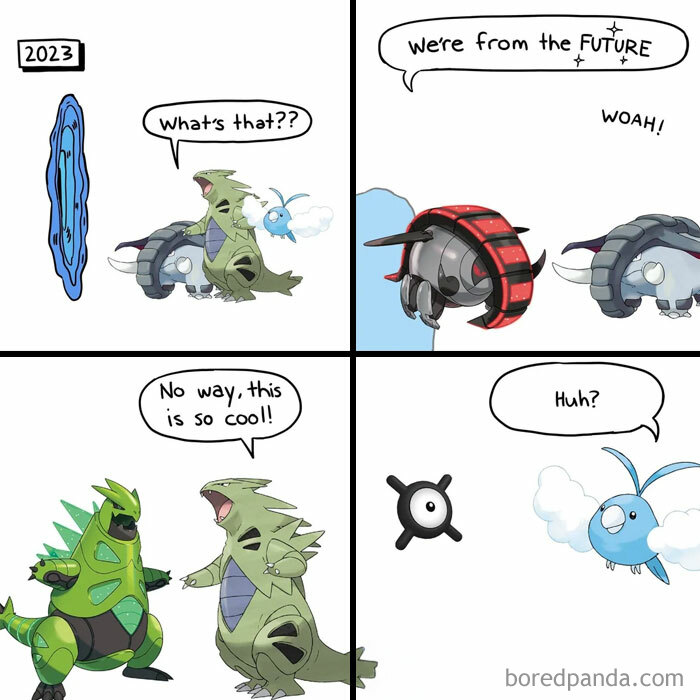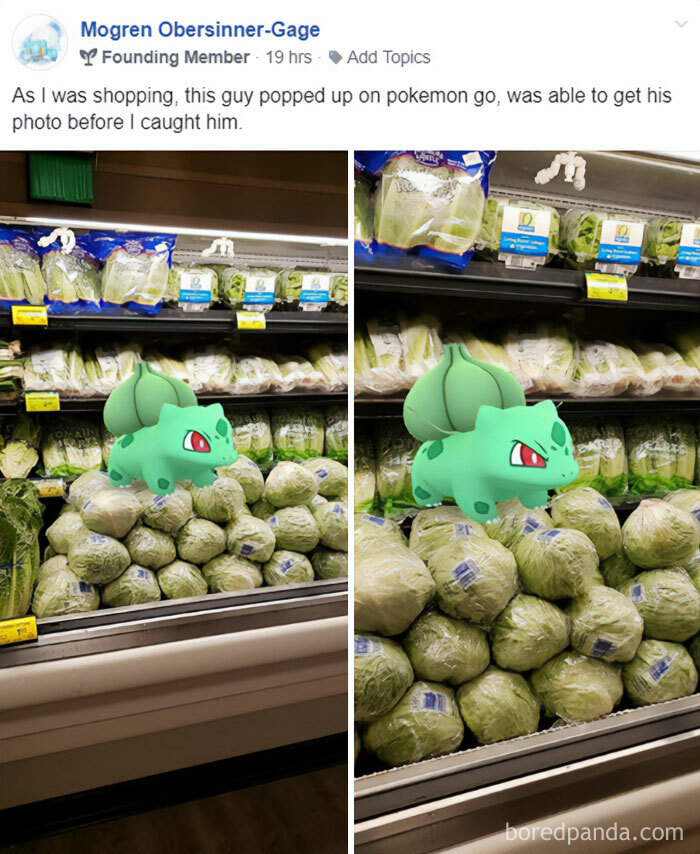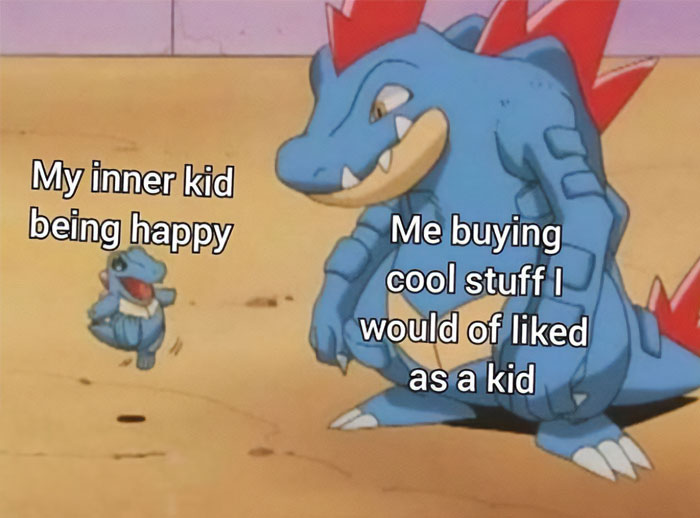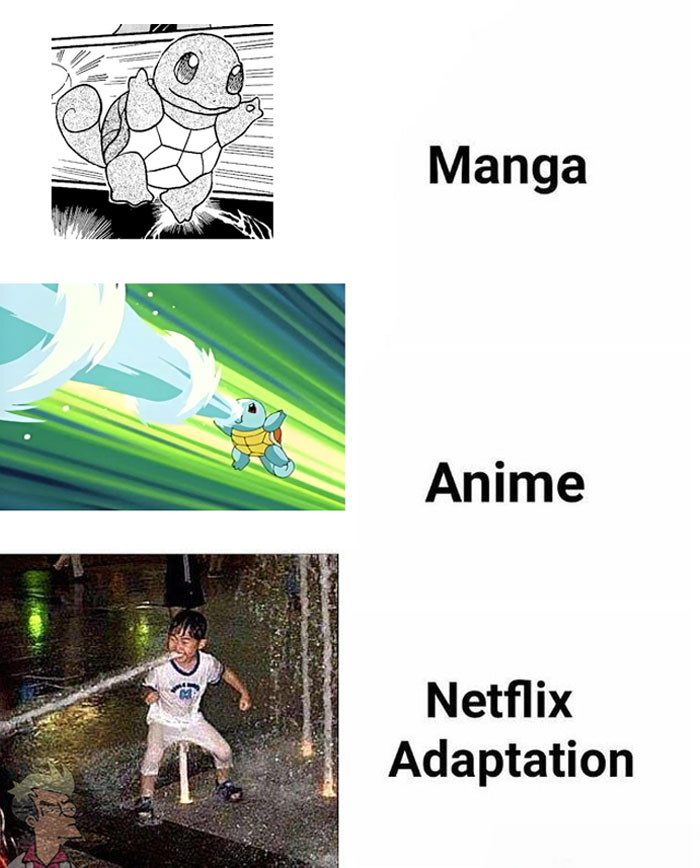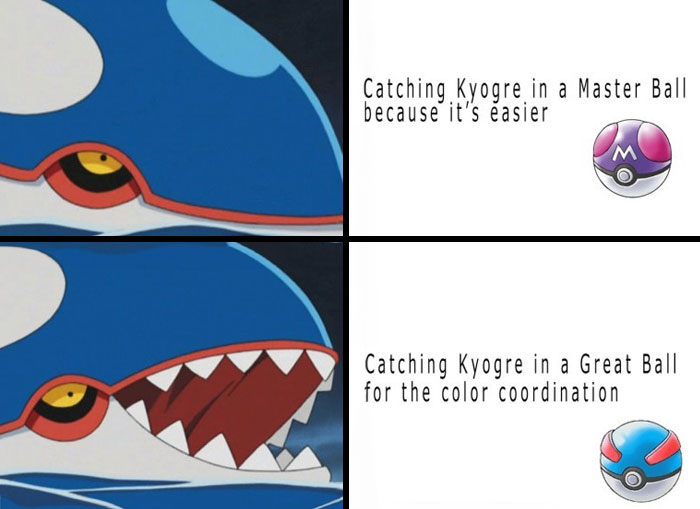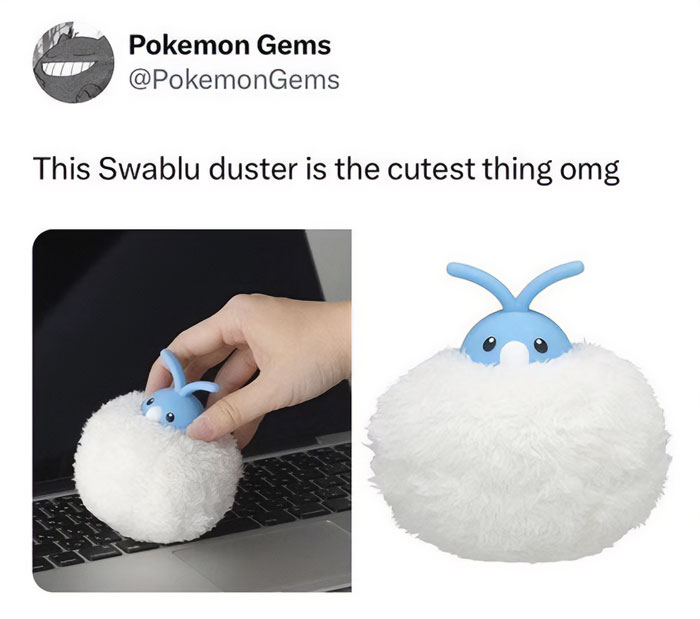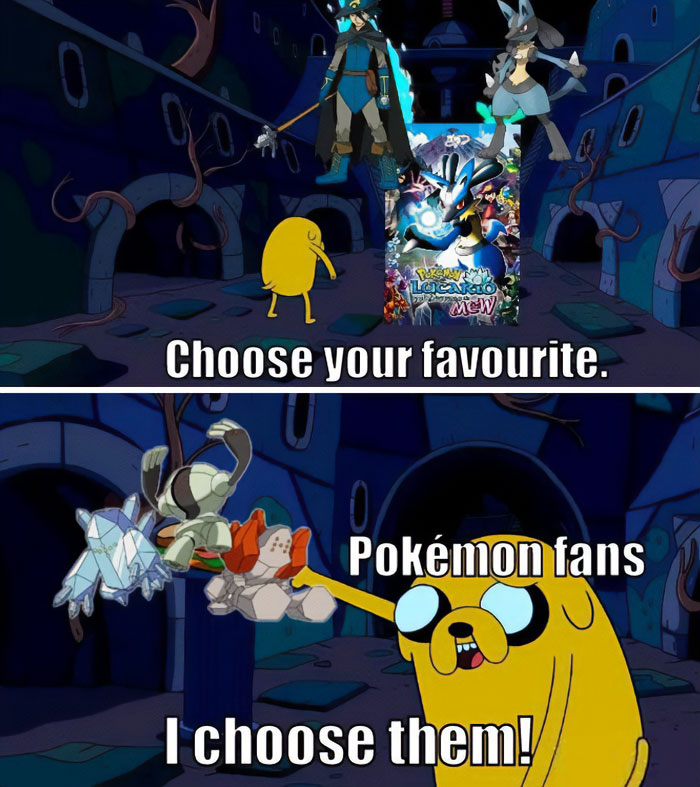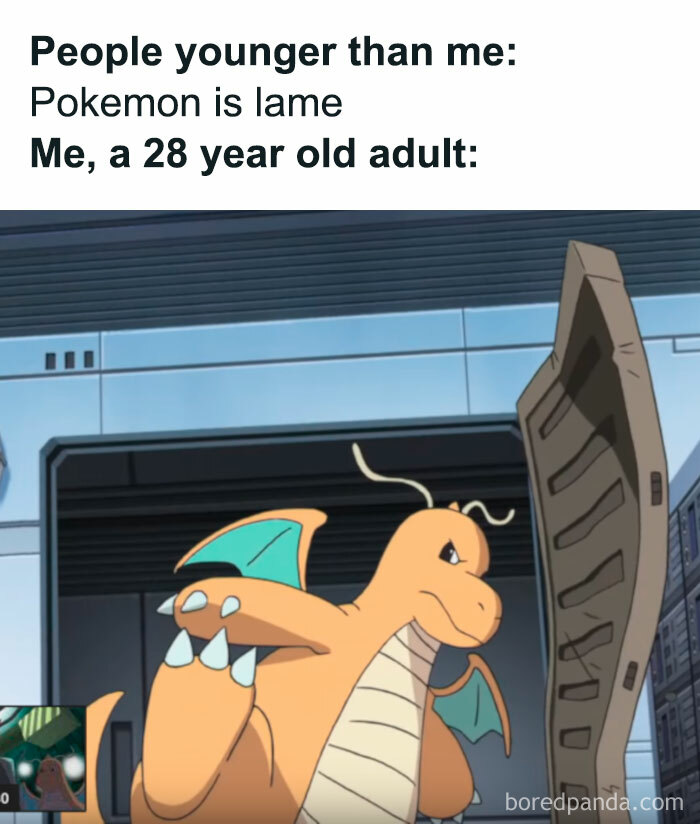Wasei eigo or Japlish involves creating new Japanese words by combining syllables from common English words to form unique Japanese-sounding terms. Megan Taylor Stephens (Bokksu, 2022) (2) argues that Japanese people are familiar with English from a young age because it is taught early in school. Although Japanese kids may not be as proficient in functional, conversational English, they enjoy experimenting with the language and inventing new words. According to Stephens, the influence of wasei eigo doesn’t rely solely on formal avenues, such as education and geopolitics. Instead, Japanese-English terms usually stem from exposure to pop culture, daily life, and brand marketing within Japan. Sprinkling English words and phrases into Japanese gives terms a hip, youthful vibe, making Pokémon fit right into that Japlish mode. Other common examples of wasei eigo include “donmai” for “I don’t mind,” “potechi” for “potato chip,” and even “sararimam” for “salaryman” or “office worker.” In a 2023 feature for the PC Gamer, Richard Moore explains that Pikachu’s name comes from a couple of combined Japanese phrases (3). The word “pika” often refers to a sparkle or glisten of light, while “chu” is the sound a mouse makes. The phrase combination is likened to a form of onomatopoeia in the Japanese language, mimicking the animal’s sound. Put together, the name Pikachu translates to an “electric mouse.”
Pokémon Go heralded a new era for the Pokémon franchise, according to Shivanjali Pawar (Enterprise Apps Today, 2023) (4). It exploded onto the mobile gaming market in 2016 and was downloaded 130 million times around the globe in the first month after its release. This made it the most downloaded game in the industry at the time of its launch. It has also ranked as the 5th highest-grossing game worldwide. Currently, Pokemon Go has grown to a staggering 150 million users worldwide, with 9 million hunting for Pokemon daily. Although this is a notable decrease from the daily figures in the app’s heyday during its launch year in 2016, it still represents the highest annual number since 2016. Pawar also reports that Pokémon Go’s in-app purchases were valued at $703.74 million in 2022, making the game a worldwide hit. Since its launch in 2016, it has had over 1.1 billion downloads.
Follow Bored Panda on Google News! Follow us on Flipboard.com/@boredpanda! Please use high-res photos without watermarks Ooops! Your image is too large, maximum file size is 8 MB.


